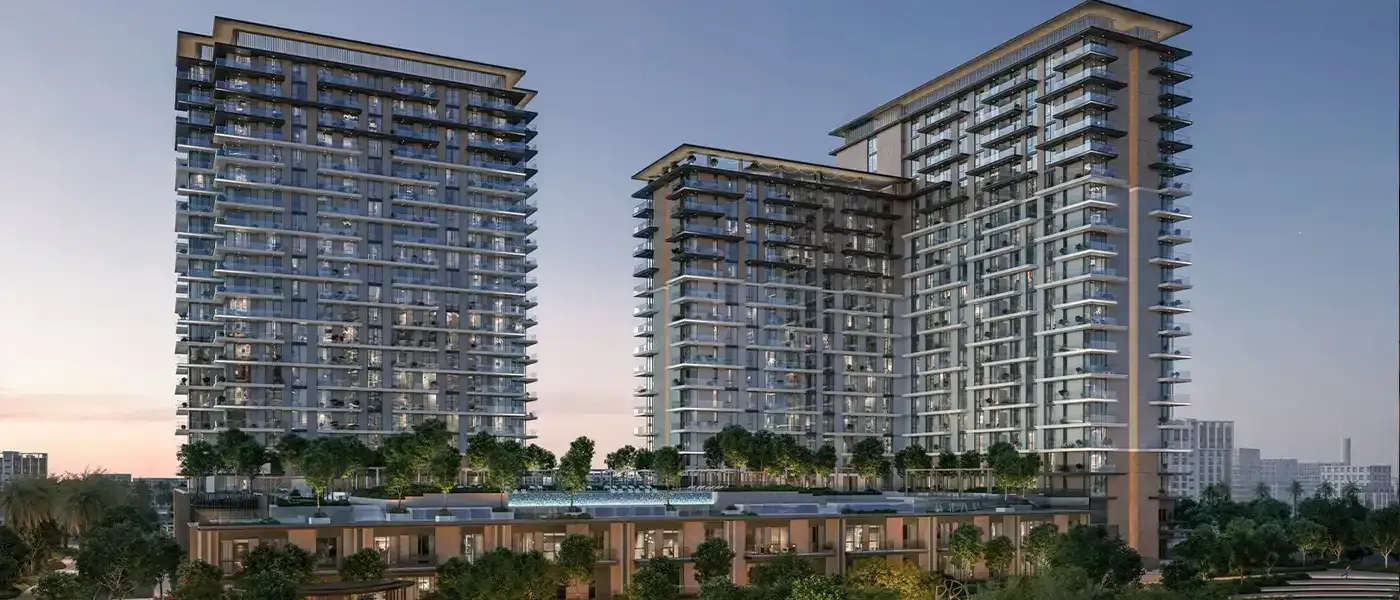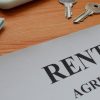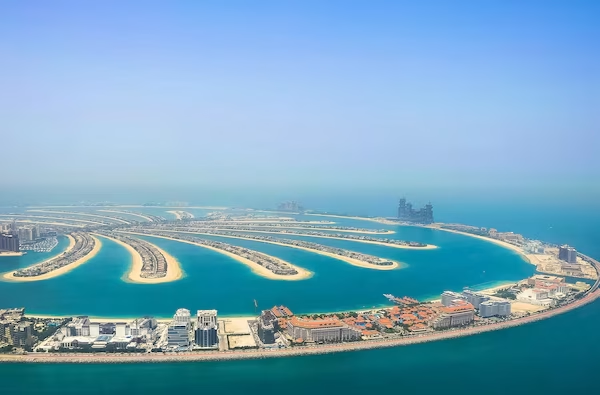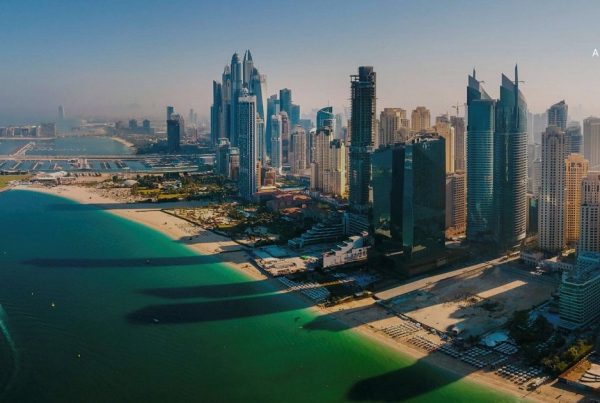Fitch Predicts Up to 15% Drop in Dubai Property Prices by 2026
Fitch Forecasts Price Correction in Dubai Real Estate by 2026 ,Fitch Ratings has issued a sobering outlook for Dubai’s real estate market. The agency warns that prices could decline by up to 15% in the second half of 2025 and extend into 2026. This comes as Dubai braces for a significant increase in housing supply, with approximately 210,000 residential units expected to be completed across the next two years—double the number delivered in the previous three-year period.
This projected price adjustment signals a major shift from the post-pandemic boom. Between 2022 and Q1 2025, Dubai homes saw extraordinary price gains—roughly a 60% jump in less than three years. Government spending on infrastructure, favorable visa and tax incentives, and an influx of foreign buyers, including Russians displaced by the Ukraine conflict, fueled this rapid ascent.
The scale of 2024’s real estate activity speaks volumes. According to official Dubai data, sector transactions totaled AED 761 billion last year—a 36% year-over-year rise in volume. Despite the optimism, Fitch warns that the impending wave of new supply could tip the balance.
Dubai has confronted supply-driven slowdowns before. The 2009 crash prompted a $20 billion rescue by Abu Dhabi. Today’s environment, however, is structurally different. Key developers have been consolidated and deleveraged, while financial institutions have reduced their real estate exposure. UAE banks now allocate just 14% of gross lending to real estate, down from 20% three years ago—a sign of greater resilience.
Regulatory reforms and economic diversification under the D33 plan—Dubai’s 10-year roadmap to become one of the world’s top four financial centres—also provide a buffer. By reinforcing fiscal stability and institutional strength, these reforms mitigate systemic risk in the property market.
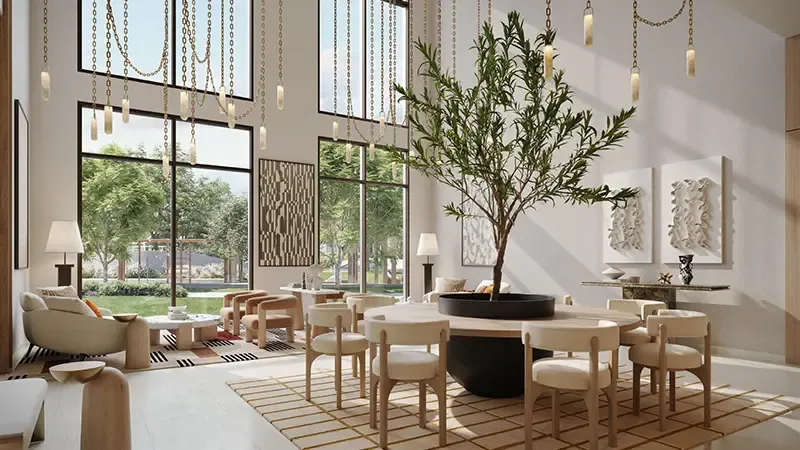
Nevertheless, not all properties will react equally. High-demand community hubs with long-term appeal may be less affected by price swings. For instance, areas like Dubai Silicon Oasis attract professionals seeking affordable, family-friendly living with strong rental yields and access to education, healthcare, and parks.
Similarly, Jumeirah Village Triangle remains a magnet for mid-income buyers and tenants. Its mix of spacious villas, green landscapes, and proximity to key business hubs make it a prime location.
Meanwhile, The Valley draws attention with its community-driven design, wellness amenities, and large townhouse arrangements that appeal to growing families. These communities often see slower inventory absorption but maintain value through consistent demand.
Other districts like Arjan and Dubai Land Residence Complex are also expected to benefit. These mid-tier zones offer a blend of affordability and infrastructure, making them attractive for fractional property investment through platforms like Prypco Mint.
Projected price corrections may open opportunities for buyers looking for value entry points—particularly leasehold homes and off-plan units. Investors may benefit from negotiating power and improved rental yields, especially in emerging submarkets with lower supply velocity.
Developers may adjust pricing strategies or extend payment plans to maintain buyer interest. Buyers, on the other hand, must perform diligence—compare unit specifications, GIS layouts, and developer reputations across compact communities and larger masterplans.
Rental market data will also play a role. Should rents remain stable while capital values adjust, Dubai could see renewed interest from yield-focused buyers. The right timing and strategy could unlock solid returns.
In summary, while Fitch signals a cooling phase, Dubai properties—especially those in sought-after communities—may navigate a controlled correction. Investors with long-term horizons and strategic foresight may find rare upside in a more balanced market.
Buyers will be able to invest in premium locations such as Downtown Dubai, where prices and entry barriers have traditionally excluded smaller investors. Through tokenization, they can now buy shares in high-value assets without committing to full property ownership.
Watch this space carefully. Dubai’s property cycle is entering a new stage. Whether you are a buyer, developer, or lender, positioning smartly can bring rewards.

